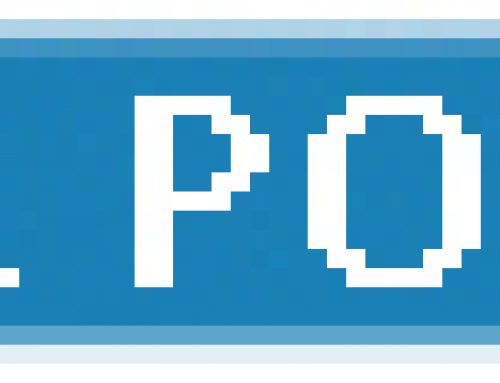Community management companies and the managers they hire can be a large part of the success of a homeowner’s association and board of directors. Unfortunately, the reverse effect can also take place. That is why it’s important to understand the roles of the community manager and the board, and how they best work together to help your association thrive.
In part 1 of HOA Roles Defined, we will take a look at the role of the Community Manager.
Community managers are responsible for implementing the decisions made by the board, as well as those defined in the governing documents. Community managers should be proactive in managing the daily operations of an association by researching topics, making recommendations to the association board, and identifying opportunities.
- Community managers are trained to deal with conflict, but they will not get involved in neighbor- to-neighbor arguments or conflicts. However, if association rules are being violated, contact your management company to notify your community manager.
- Homeowners should always feel welcome to contact the management company service department or their community manager. However, for basic information that pertains to the association, it may be more efficient to check the association newsletter or community website first before reaching out to the manager.
- Community managers inspect communities regularly, but even an experienced manager won’t catch everything. Homeowners can help out by reporting any maintenance issues they see to the manager.
- It is the responsibility of both community managers and the board of directors to maintain efficient working relationships with vendors. Community managers should monitor contracts and make note of the work and performance of contractors, but they can’t be on-site to supervise them.
- Community managers work closely with boards as advisors, but they are not board members. If residents have issues or concerns within the community, they should get in contact with the manager. Part of the manager’s job is to act as a liaison between the board and the homeowners. The manager can then gather all of the information including similar concerns from multiple homeowners and present them to the board in a well-organized manor. This enables the board to operate more efficiently when deciding what’s best for the community.
Understanding more about which roles belong to the community manager or board of directors, can be easily achieved by simply communicating. Whether you are a community manager or board member, be transparent in your message to homeowners. The more knowledge everyone in your community has about the HOA process, the smoother your association will run.

